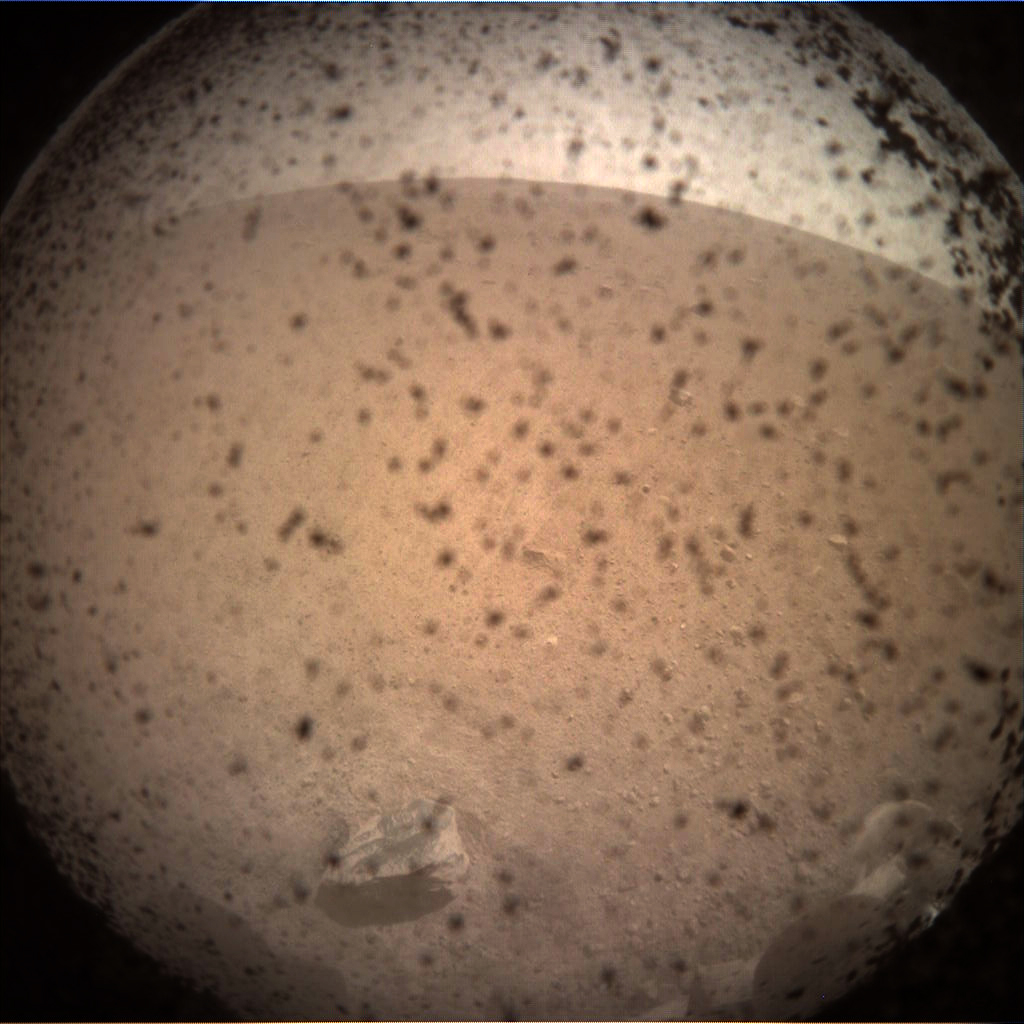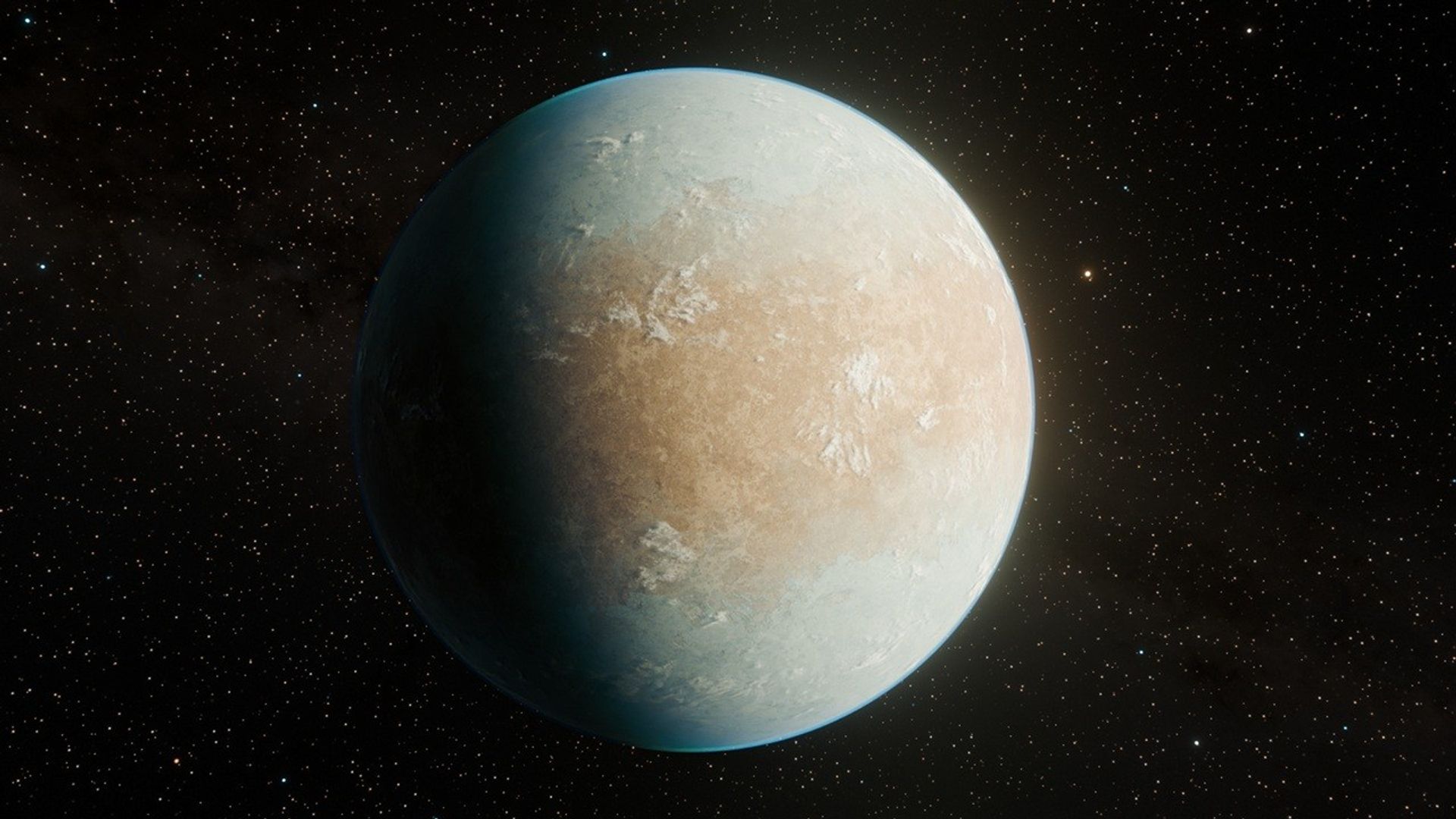Landing on Mars Really Messes with Your Work Schedule
Breaking space news, the latest updates on rocket launches, skywatching events and more!
You are now subscribed
Your newsletter sign-up was successful
Want to add more newsletters?

Delivered daily
Daily Newsletter
Breaking space news, the latest updates on rocket launches, skywatching events and more!

Once a month
Watch This Space
Sign up to our monthly entertainment newsletter to keep up with all our coverage of the latest sci-fi and space movies, tv shows, games and books.

Once a week
Night Sky This Week
Discover this week's must-see night sky events, moon phases, and stunning astrophotos. Sign up for our skywatching newsletter and explore the universe with us!

Twice a month
Strange New Words
Space.com's Sci-Fi Reader's Club. Read a sci-fi short story every month and join a virtual community of fellow science fiction fans!
Time zones are always tricky — but interplanetary time differences are even harder to keep track of, and now that NASA's Mars InSight lander has successfully landed on the Red Planet, that's precisely what mission staff members have to do.
A Martian day isn't too different in length from a terrestrial day — it's only about 37 minutes longer. But over time, all those minutes add up to offset a Martian day, called a sol, from Earthly schedules.
And it turns out that's a pain for the people who manage Martian robots like the InSight lander — people like payload systems engineer Farah Alibay. The InSight team is small enough that the members don't break into shifts like the humans behind the Curiosity rover do; instead, they work as one group, Alibay told Space.com in an interview.
The people on the team also want to work during the Martian night, while the spacecraft isn't working. So they signed on yesterday at 3 p.m. local time at NASA's Jet Propulsion Laboratory in California (6 p.m. EST, 2300 GMT) for a shift lasting 12 hours, Alibay said before InSight landed. But if they always followed Martian time, their schedule would drift 37 minutes from day to day, which is hard for people to manage. [NASA's InSight Mars Lander: Full Coverage]
"Doing that shift every day is just too hard for human bodies," Alibay said. So members of the team have worked out a compromise. "When the planets align and we're able to work during our daytime and Martian nighttime, then we work every day, and then when they don't, we work every other day. And there's plenty of science analysis to be done on the ground in between those days anyway, so it kind of works out."
The mission's calendar will run in sols, with the landing on Nov. 26 marking Sol 0. (InSight's science mission is scheduled to last 709 sols total, or nearly two terrestrial years.) So, for Alibay and her colleagues, who have to navigate Earthly sunrises, errands and family schedules while they work with the Insight lander, it's a relief not to be stuck on Mars time for all 709 of those sols.
Space.com managing editor Tariq Malik contributed reporting to this article. Email Meghan Bartels at mbartels@space.com or follow her @meghanbartels. Follow us @Spacedotcom and Facebook. Original article on Space.com.
Breaking space news, the latest updates on rocket launches, skywatching events and more!

Meghan is a senior writer at Space.com and has more than five years' experience as a science journalist based in New York City. She joined Space.com in July 2018, with previous writing published in outlets including Newsweek and Audubon. Meghan earned an MA in science journalism from New York University and a BA in classics from Georgetown University, and in her free time she enjoys reading and visiting museums. Follow her on Twitter at @meghanbartels.

